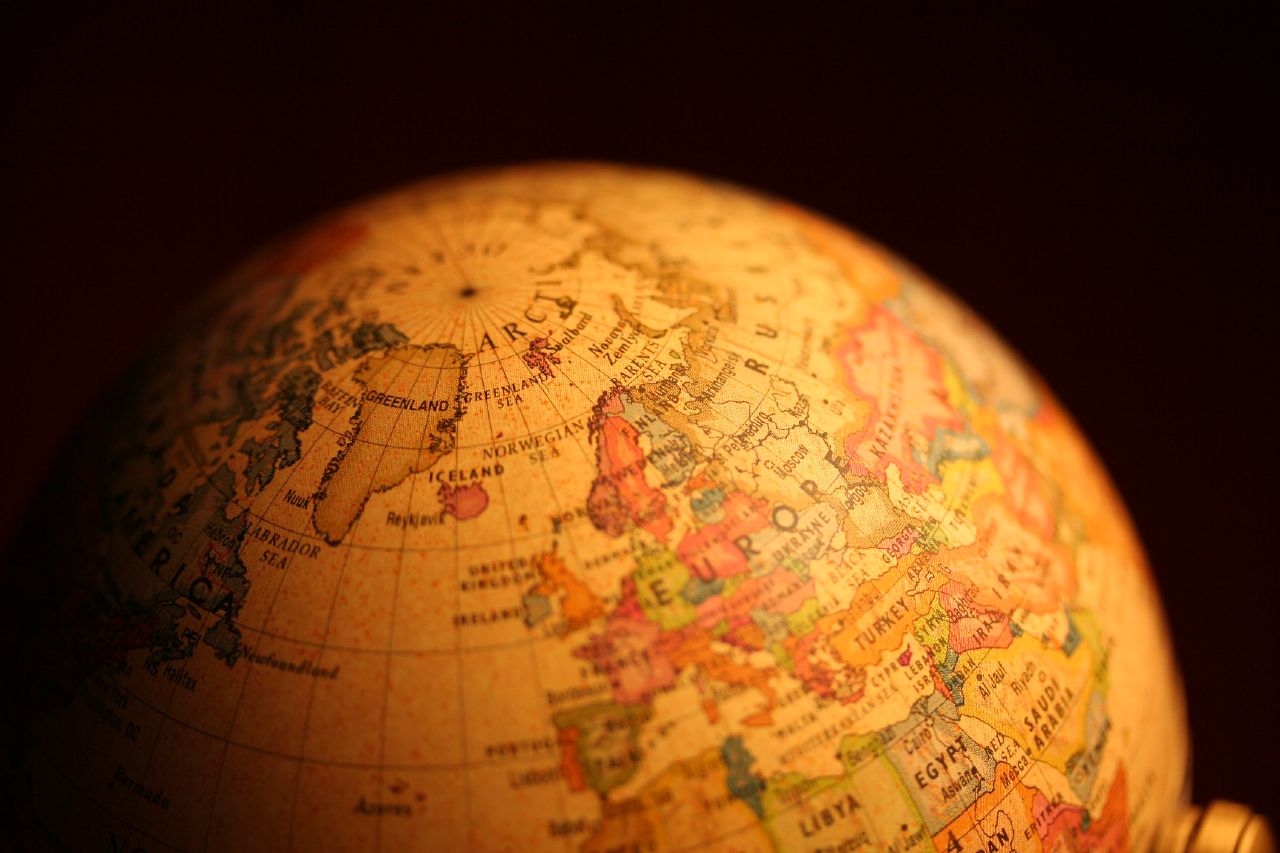Does anyone remember the New York Times columnist Thomas Friedman’s bestseller, The Lexus and the Olive Tree? Or the better (though less famous) book by John Micklethwait and Adrian Wooldridge, then journalists at the Economist, A Future Perfect? These accounts, encomiums to globalisation, were scarcely solitary in their genre. And it was through volumes like these that a contingent historical process became intellectualised and reified into an inevitability, a notion that dominated economic thought and policy for decades. This perspective, and its near-theological acolytes, has been on the defensive since the twin victories of Brexit and Donald Trump in 2016. But the last year, and Trump’s second victory, has seen its final defeat. We can therefore see globalisation and its cheerleaders in perspective for the first time – and begin to take the measure of their teleological hubris.
Trump’s rhetorical populism – promising higher tariffs, attacks on immigration, denunciations of elites, defence of workers, and a “buy American” economic nationalism – took dead aim at globalisation’s basic principles. But he hasn’t been shy of giving his enemy a name: addressing workers in Ohio in August 2020, he charged that “globalisation has made the financial elites… very wealthy but it’s left millions and millions of our workers with nothing but poverty and heartache – and our towns and cities with empty factories and plants”. America had, he added, “rejected globalism and embraced patriotism”.
Compare this with the quixotic history offered by Friedman – which peddled the “Golden Arches theory” that no two countries hosting branches of McDonald’s would go to war with each other because of their mutually beneficial bonds of economic interdependence. Reducing barriers to trade and financial flows to a minimum and integrating China into the global economy, Friedman and likeminded pundits averred, was the best way to lift all boats and would benefit everyone, pretty much everywhere, regardless of wealth, skills, or location in the world. When queried about the ill effects, including increased economic inequality and job losses or wage reductions resulting from “outsourcing” production, Friedman et al. either glossed them over or replied that they would be outweighed by lower prices, greater innovation, and higher living standards created by increased competition and the optimal use of labour and capital.
Author

Rajan
Menon
Non-Resident Senior Fellow
More on Western Hemisphere

February 18, 2025

February 16, 2025

February 11, 2025

February 6, 2025

January 29, 2025
Events on Grand strategy




